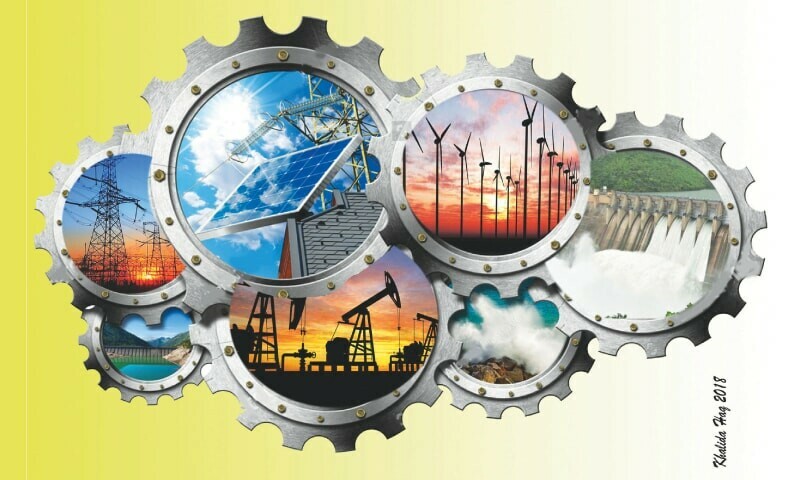The Energy Sector Unveiled: A Nightmare for the Country, Reveals Key Stakeholders!
Caretaker Prime Minister Anwaar-ul-Haq Kakar recently labeled the energy sector as ‘a nightmare for the country,’ citing the government’s production of costly electricity sold at subsidized rates as a key challenge.
The inherent issues plaguing the sector, known to all, include the unsustainable gap between production costs and consumer prices, contributing to the alarming circular debt in the power sector, currently standing at Rs2.31 trillion. Past governments opted for temporary solutions like subsidies and tariff hikes, but these measures are now met with resistance from the IMF and public outcry.
The circular debt issue extends to the gas sector, with a revenue shortfall of Rs210 billion and a rising circular debt hitting Rs2.1 trillion. IMF loan conditions prohibit subsidies, and current tariff levels are unsustainable. Addressing this complex situation requires decisive political leadership.
Previous administrations exploited the energy sector crisis for personal gain, and attempts at renegotiating IPP agreements have fallen short of providing a lasting solution. Despite significant tariff hikes, the circular debt in Pakistan’s power sector increased to Rs2.31 trillion by June 2023.
The gas sector faces a similar predicament, with a projected revenue shortfall and a circular debt reaching Rs2.1 trillion. Privatization of public-sector enterprises in the energy sector emerges as a potential solution, offering competent management, funding, and transparency.
However, privatization progress remains slow, and a robust political government is essential to navigate the challenges effectively. The urgency to address these issues has become paramount, with waiting and observing no longer viable. The need for decisive action in the energy sector is pressing, and a comprehensive solution is crucial for sustainable recovery.
Positive Trends Persist: Extension of Gains for Most Asian Currencies

